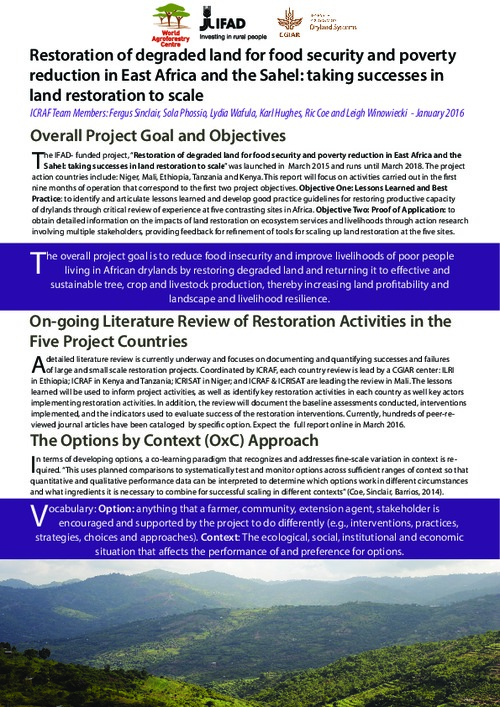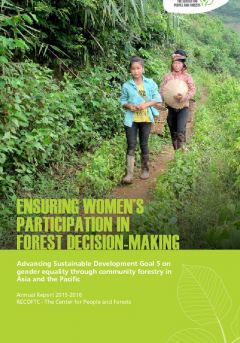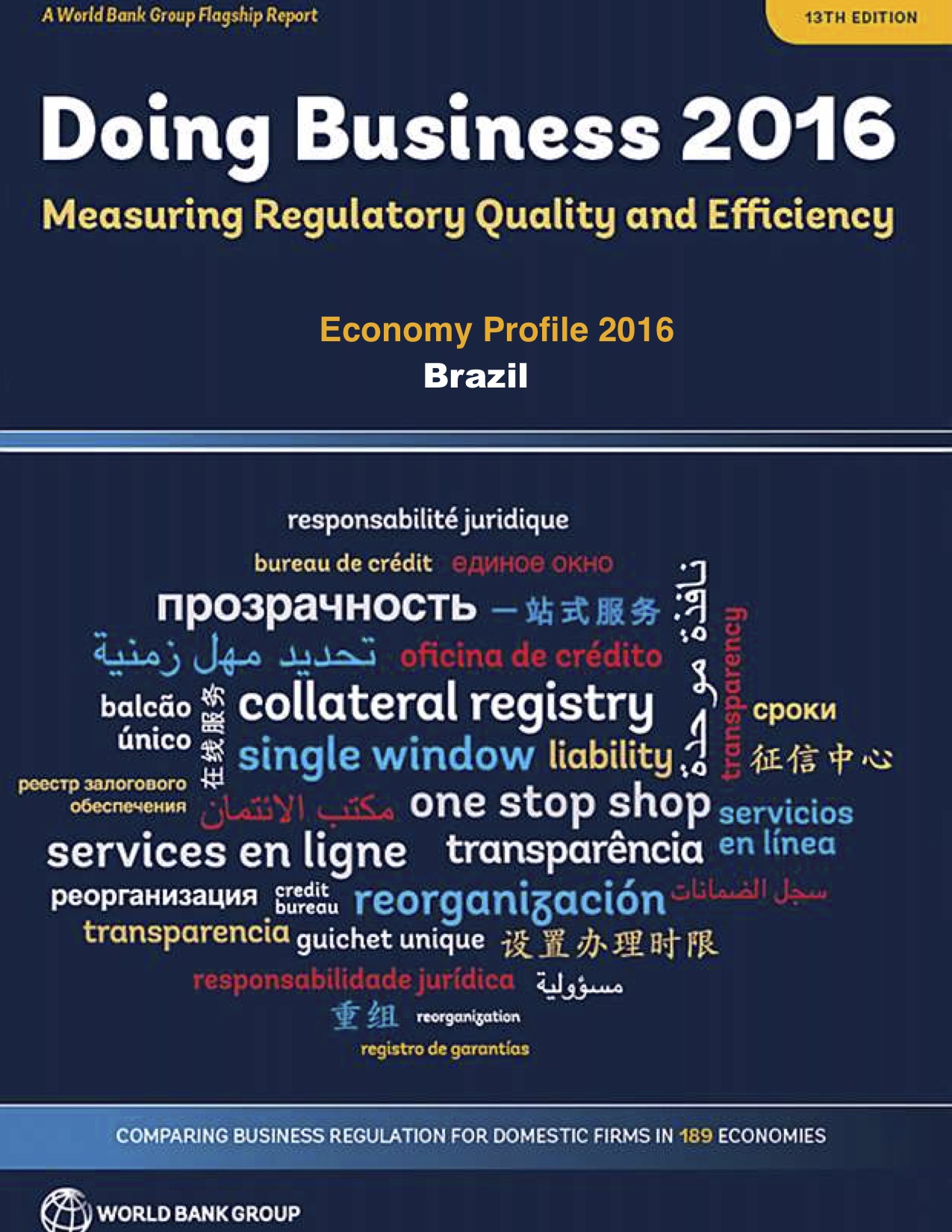Plan National de Développement 2016-2020 (Tome II).
Le Plan National de Développement (PND 2016-2020) qui s’inscrit dans la vision « Côte d’Ivoire 2040 », a pour ambition de réaliser l’émergence de la Côte d’Ivoire à l’horizon 2020 avec une base industrielle solide.







